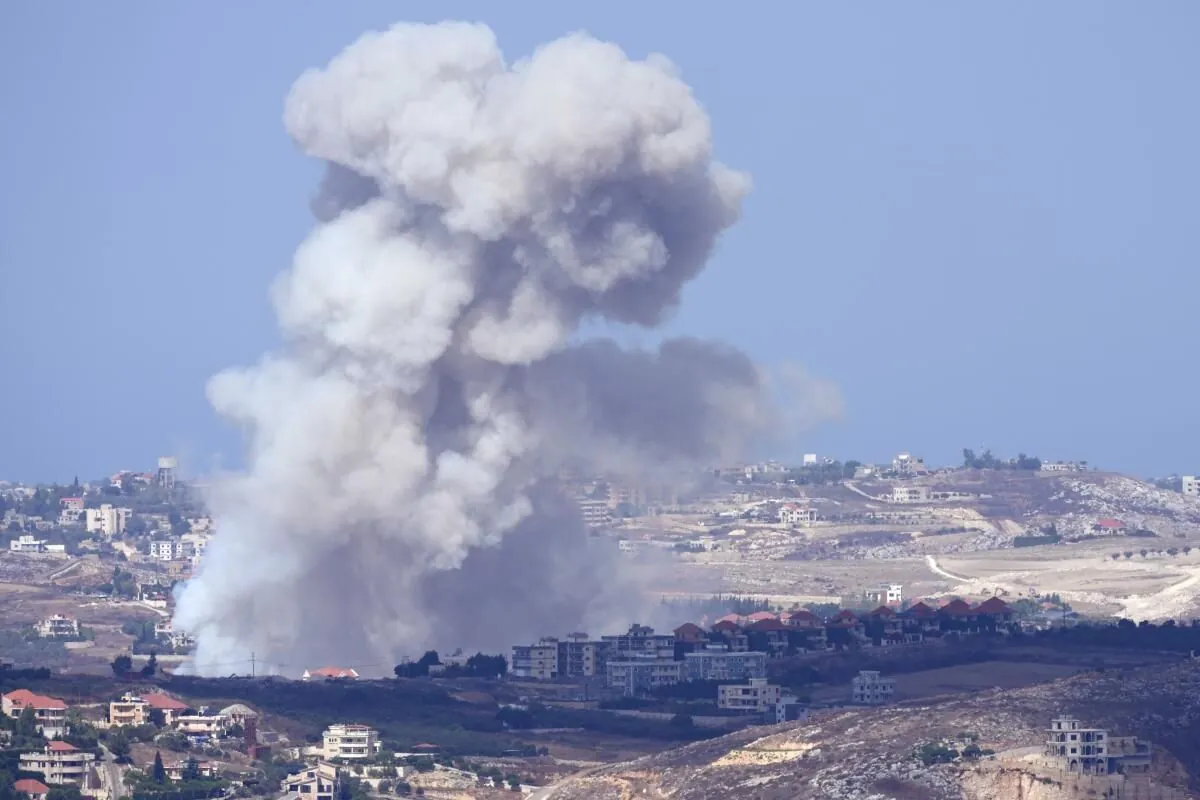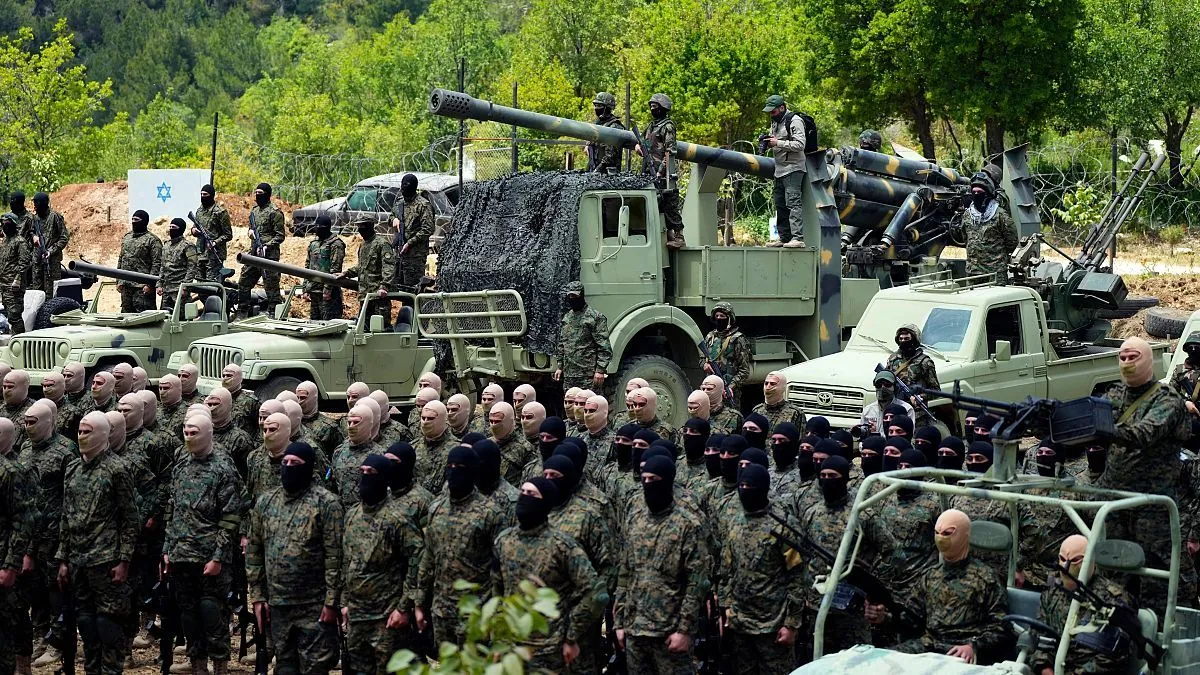Israel-Hezbollah Conflict Escalates: Challenges and Risks Mount
Recent Israeli strikes on Hezbollah targets in Lebanon mark a significant escalation. Both sides face limited options as the conflict intensifies, raising concerns about regional stability.

The conflict between Israel and Hezbollah has intensified, with recent Israeli strikes targeting the Lebanese militant group's infrastructure and personnel. This escalation marks a critical juncture in the ongoing tensions between the two adversaries, nearly a year after Hezbollah began firing into Israel following the Hamas attack on October 7, 2023.
Israel's military operations have reportedly targeted over 1,600 militant sites across Lebanon, resulting in significant casualties and displacement. The Israeli Defense Minister, Yoav Gallant, claimed that these strikes have severely impacted Hezbollah's capabilities, destroying tens of thousands of rockets and missiles. However, experts caution that the effectiveness of these air campaigns may be limited.
Hezbollah, founded in 1985 in response to Israel's occupation of southern Lebanon, has demonstrated resilience in the face of these attacks. The organization, which receives substantial support from Iran, is believed to possess a formidable arsenal of approximately 150,000 rockets and missiles, including long-range projectiles capable of striking anywhere in Israel.

Despite the intensity of Israel's operations, Hezbollah's response has been relatively restrained. The group has fired hundreds of rockets and drones into northern Israel, causing limited damage and few casualties. However, a recent missile launch targeting Tel Aviv for the first time indicates a potential escalation in Hezbollah's tactics.
The current situation presents significant challenges for both sides. Israel's objective of securing its northern border and enabling the return of displaced residents faces obstacles as long as Hezbollah retains its firepower. Conversely, Hezbollah must balance its support for Hamas and its commitment to the Palestinian cause with the risk of inviting further devastation to Lebanon.
"This is the most difficult week for Hezbollah since its establishment. A blow has been dealt to the chain of command, to the terrorists themselves on different levels, to their shooting capabilities and to their morale."
The possibility of a ground invasion looms large, with Israel having deployed battle-hardened forces to the northern border. However, such an operation carries significant risks, including potential casualties and international backlash. Hezbollah's extensive tunnel networks and the support it could receive from other Iran-backed groups in the region further complicate the prospect of a ground campaign.
As the conflict continues to evolve, the impact on Lebanon's civilian population and regional stability remains a pressing concern. Hezbollah's dual role as a militant organization and a political entity with significant influence in Lebanon adds complexity to the situation. The group's leader, Hassan Nasrallah, already faces criticism from Lebanese citizens who blame him for tying the country's fate to Iran and inviting conflict during a time of economic crisis.
The coming weeks are likely to be crucial in determining the trajectory of this conflict, with both Israel and Hezbollah navigating limited options and potentially devastating consequences of further escalation.


































